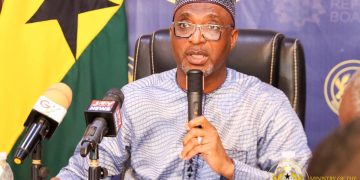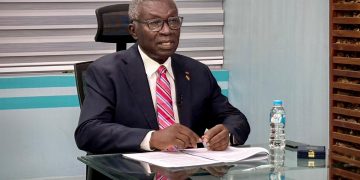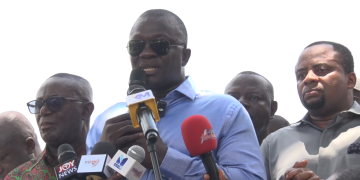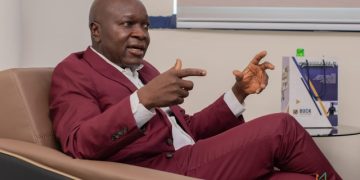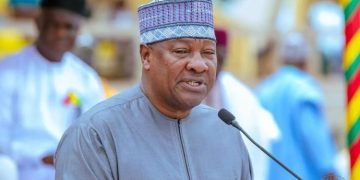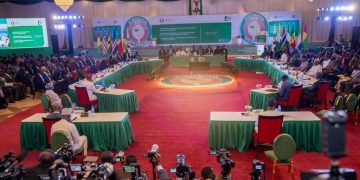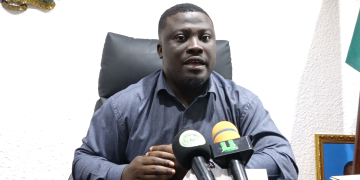Public policy expert and economist, Prof. Sharif Mahmud Khalids, has sharply criticized former Vice President Dr. Mahamudu Bawumia over recent comments attributing the appreciation of the Ghanaian cedi to reduced government spending under President John Mahama.
Speaking on Citi TV in an interview monitored by www.kumasimai.com, Prof. Khalids described Bawumia’s assertion as “misleading” and symptomatic of a broader failure to acknowledge the systemic issues plaguing Ghana’s economy.
“The idea that the cedi is appreciating simply because this administration isn’t spending is a distortion of economic reality,” Prof. Khalids said. He stressed that the appreciation must be assessed within the broader context of international market forces, IMF programme constraints, and domestic economic fundamentals.
He further criticized the previous administration, under which Bawumia served as head of the Economic Management Team, for what he called a lack of coherent policy direction. “There has never been a single, unified economic policy that clearly defines a path forward. What we’ve seen is piecemeal measures, disconnected spending sprees, and reactionary programs like the Gold-for-Oil initiative that failed to stabilize the economy,” he stated.
Prof. Khalids questioned the efficacy of the much-hyped Gold-for-Oil programme, calling it “parodic” and “unsustainable.” He argued that the central bank’s use of gold reserves in lieu of foreign currency contributed to financial instability rather than solving liquidity challenges.
“The Central Bank posted losses during a time when it should have exercised moral suasion and prudent monetary oversight. Instead, it acted in ways that amounted to fiscal panic,” he explained.
Taking aim at the lack of coordination among Ghana’s key economic institutions the Ministry of Finance, the Bank of Ghana, and the presidency Prof. Khalids noted, “There is a breakdown in institutional harmony. Stabilizing the cedi or achieving fiscal balance requires synergy among these entities, not fragmented decisions driven by political expediency.”
He added that any responsible government taking office should treat its first budget year as a stabilizing period not a time for major commitments or unrestrained expenditure.
Prof. Khalids also dismissed the argument that current economic gains are solely the result of prudent financial management. “This narrative is deceptive. If the economy is showing signs of stability, it’s because of external constraints and reforms mandated by international financial partners not due to any domestic policy brilliance,” he emphasized.
He calling for honest conversations and greater accountability from political actors, urging them to focus on long-term economic planning rather than public relations stunts and contradictory claims.
Source: www.kumasimail.com



